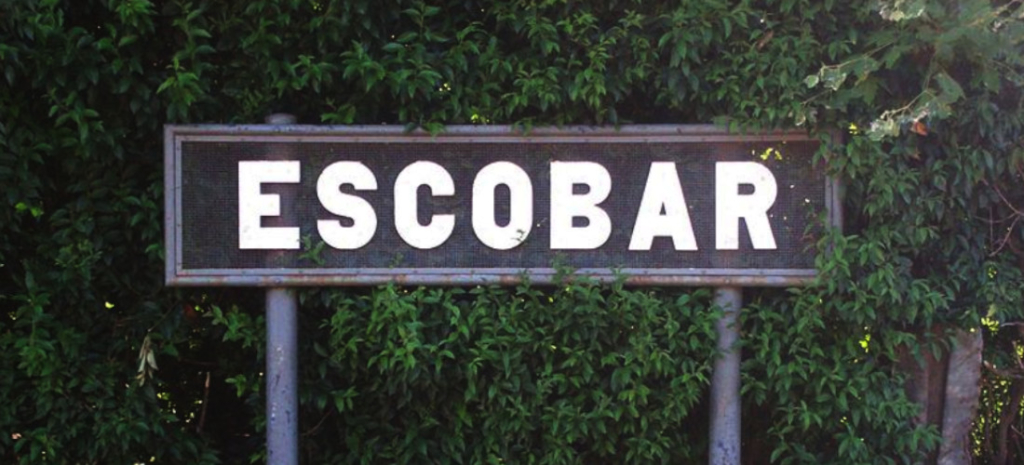The Supreme Court recently asked for the views of the Solicitor General in Gilead Sciences, Inc. v. U.S. ex rel. Campie, No. 17-936 (pet. filed Dec. 26, 2017). The case presents an opportunity for the Court to affirm the prevailing reading of Escobar: that the government’s continued approval and acceptance of goods or services, after learning of the alleged falsity, renders that falsity immaterial and precludes an FCA claim absent countervailing evidence. In 2008 and 2009, the federal government spent more than $5 billion on three HIV treatments marketed by Gilead Sciences: Atripla, Truvada, and Emtriva. The government predicated its purchases (through Medicare, Medicaid, TRICARE, and the FEHB) on approval by the Food & Drug Administration. The FDA may continue to approve of a drug even if it has been adulterated, misbranded, or if it departs from manufacturing guidelines. By contrast, the FDA must withdraw approval upon learning that “the [drug manufacturer’s] application contains any untrue statement of material fact.” U.S.C. § 355(e). The relators in Gilead alleged that some batches of emtricitabine—the active ingredient in Gilead’s three drugs—were produced by an unregistered source, and that Gilead concealed that source through record manipulation, faulty certificates, and misleading labeling. The undisputed facts on appeal are that the government knew, through a variety of means, about Gilead’s relationship with the unregistered source. Not with standing FDA’s monitoring of Gilead’s production and even “warning letters” outlining potential regulatory violations, FDA never rescinded its approval of Gilead’s medicines. The case was filed in 2010 and amended in 2015— including an allegation that Gilead “continues to incorporate” the illicitly obtained ingredient. The Department of Justice never intervened (though it did file briefs in the district and appellate courts).
